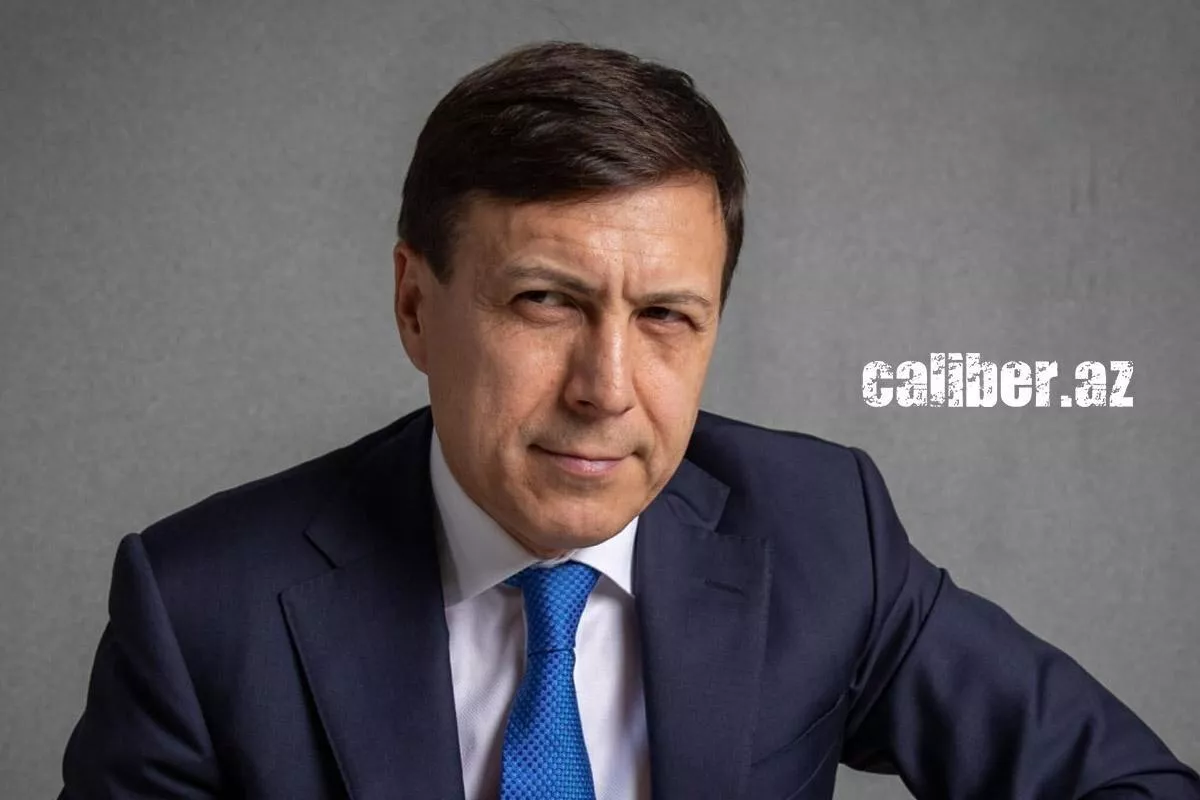Russia warns Armenia of severe economic consequences over EU bid A carrot on a stick or a path to ruin?
In the already complicated Russo-Armenian relations, a new escalation is looming due to the decision by Prime Minister Pashinyan’s government on January 9 to begin the process of Armenia's accession to the European Union (EU).
Armenian Foreign Minister Ararat Mirzoyan, who spoke at a government meeting, described this move as a result of the dynamic and intensive development of relations with the EU, stating that the organization "has repeatedly expressed political support for Armenia" and has also participated in "ensuring security in the region."
It is not difficult to guess that the Armenian minister was referring to the EU's spy mission stationed along the conditional border with Azerbaijan. By the way, the EU's High Representative for Foreign Affairs proposed extending the mission’s stay in Armenia for another two years.
As expected, Moscow responded. First, Russian Deputy Prime Minister Alexei Overchuk stated that Moscow views Armenia's move towards EU membership as the beginning of its exit from the Eurasian Economic Union (EAEU), likening Yerevan’s frivolity to buying a ticket for the "Titanic." He also warned Armenia that it risks facing a severe economic crisis.

Meanwhile, Russian President’s spokesperson Dmitry Peskov commented that "being members of two different organizations, hypothetically speaking, is simply impossible. Here, there is one customs space, one area for the free movement of goods, services, people, and capital; there, there are different norms." Peskov also reminded that Armenia’s participation in the EAEU is beneficial for the country itself.
Thus, from the Russian statements, it is clear that Moscow is seeking clarity from the Armenian authorities regarding the country’s future foreign policy direction. Russia is also openly warning of severe consequences if Armenia leaves the EAEU. Overchuk pointed out that "on one hand, energy and food prices will rise, while on the other, Armenia’s exports will decrease by 70-80%." In other words, Moscow has effectively outlined the grim future Armenia could face if it severed ties with Russia and exited the Eurasian structure.
In this context, the tough messages from the State Duma, directed at Armenia’s leadership, also align with these concerns. For instance, First Deputy Chairman of the State Duma Defence Committee Alexei Zhuravlyov commented on Yerevan’s decision, stating that Armenia is not needed by the European Union, and its fate there would be one of destruction. He believes the country is being drawn into the EU by certain "Western backers from France and the USA" who aim to see Armenia follow the same path as Ukraine.
"Armenia is step by step repeating Ukraine's path to the abyss, beyond which lies only armed conflict with its neighbours, who want nothing to do with either the EU or NATO. Even geographically, the country has no relation to Europe or the North Atlantic, yet its leadership stubbornly tries to fit a camel into a corset," said the deputy, comparing Armenia to a donkey being lured into an unfavourable place with a carrot.
Regarding the potential consequences for Armenia of its flirtation with Western partners, as well as the likelihood of the country joining the EU, prominent Russian lawyer, public figure, and corresponding member of the Russian Academy of Natural Sciences, Yanis Yuksha, shared his opinion with Caliber.Az.

In his opinion, the current policy of Armenia’s leadership is forcing Russia to take concrete actions.
"As for the bill on Armenia’s accession to the EU, I can say that you can pass a lot of laws, such as 'on flying to the Moon,' or 'on conquering the entire world’s space,' and so on. The question is how feasible any of these are. From my point of view, the bill we are discussing is purely populist, and it was passed under the specific pressure of so-called intelligence agents from countries unfriendly to Russia, who have embedded themselves in numerous Western organizations and funds related to state governance. So, while the law can be passed, the main question is how ready Europe is to embrace Armenia and provide subsidies.
To begin with, Armenia is a subsidized country, which is clearly evident when considering all the preferences it receives from Russia, especially regarding energy resources and the sale of its products. If we analyze Armenia’s income from its membership in the EAEU, in the event of its exit from the organization, it would inevitably find itself on the periphery. And it may turn out that Russia won’t approve of this decision. What will happen to Armenia afterwards is hard to predict. It is clear that attempts to please France and the USA, who have no interest in the fate of the Armenians, will not bring anything good to Armenia. To put it figuratively, Armenia is standing on its feet thanks to Russian energy resources and the market opportunities provided to it. And if, as they say, the window of opportunities closes, Armenia will find itself in a very pale situation.
As for the EU itself, I predict that this structure will have a miserable, grey existence until its collapse in the coming years. So, Armenia has no prospects of joining this organization, no matter how loudly they jump and shout: 'Take us, take us...' They won’t hear and won’t take them," said Yuksha.








